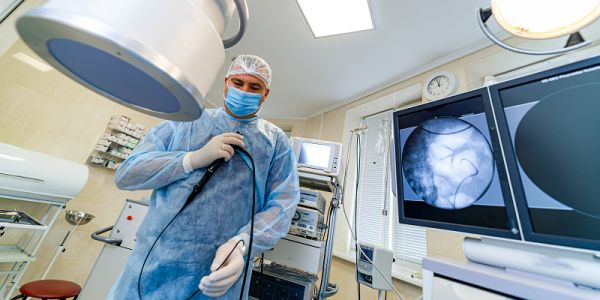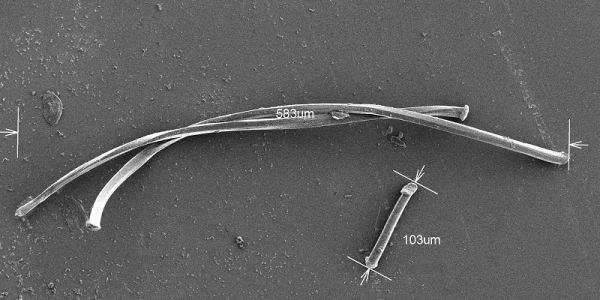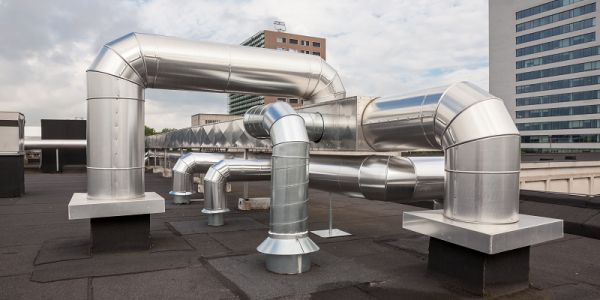
‘Running out of time to protect our oceans’ – UN chief
Scientists are sharing groundbreaking research with leaders in the Asia-Pacific region in an effort to stem the flow of plastic pollution into the environment.

Scientists are sharing groundbreaking research with leaders in the Asia-Pacific region in an effort to stem the flow of plastic pollution into the environment.

Researchers are investigating whether a kinder form of radiation known as T-rays could be used to image and treat patients with skin or bowel cancer.

People with long Covid could be monitored with the aid of a ground-breaking mobile phone app and clinical website.

As the world marks Africa Day, the University celebrates its existing partnerships across the continent and looks forward to further collaboration as a key strategic aim for the future.

A new report has found that the Government’s Coronavirus Job Retention Scheme (CJRS) has been crucial in keeping UK businesses operational during the pandemic.

A group of citizen scientists is being recruited to help investigate the scale of microplastic air pollution inside people’s homes.

Scientists have used a fibre-optic sensor passed deep into a borehole to obtain the most detailed measurements of ice properties ever taken on the Greenland Ice Sheet.

Leading experts in the transmission of airborne pathogens are calling for tighter regulations to control air quality in buildings – as a way of reducing the spread of COVID-19 and other illnesses.

Two prominent Leeds figures have been elected as Fellows of the prestigious Royal Society.

Appointments have been announced for two senior leadership roles supporting the University’s strategic ambitions.